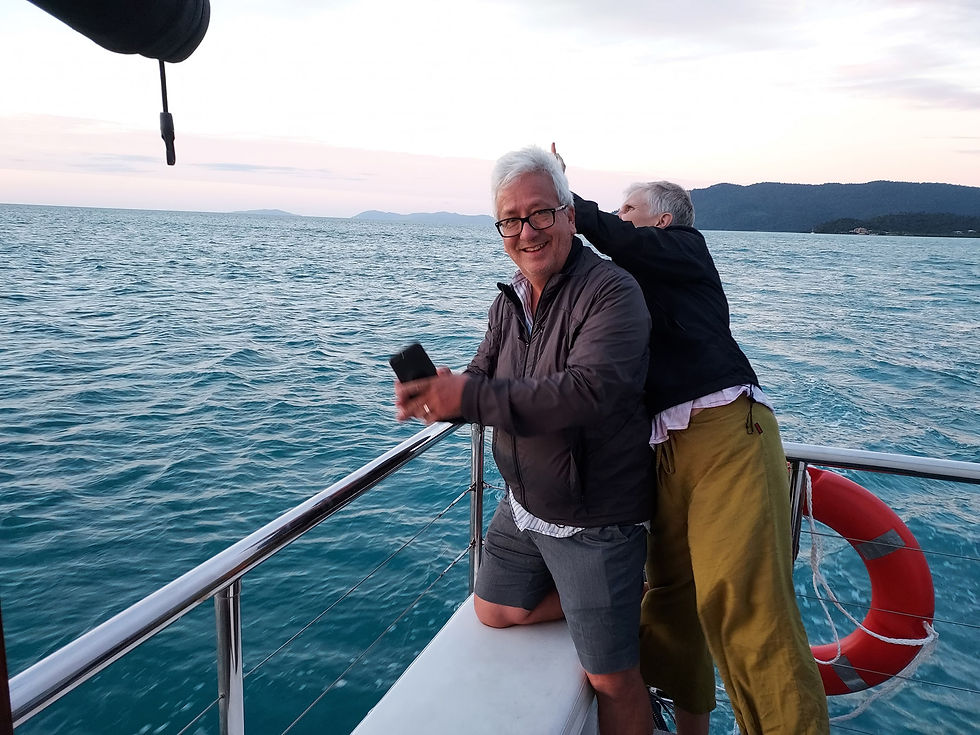The Impact of UNDRIP on Economic Development for First Nations
- Lise Oakley
.jpg/v1/fill/w_320,h_320/file.jpg)
- Feb 28, 2024
- 2 min read
The United Nations Declaration on the Rights of Indigenous Peoples (UNDRIP) was created in 2007. The document outlines the rights of Indigenous people worldwide to improve their community's economic and social conditions.
In practice, UNDRIP outlines the rights of First Nations to participate in decision-making processes that affect their communities. These decisions could relate to land use, resource harvesting, transportation, or other economic or non-economic activities.
The rights of First Nations people from economic, social, and cultural perspectives must be considered when applying the principles of UNDRIP, with traditional values serving as the foundation.
Regaining Decision-Making Authority
UNDRIP empowers First Nations to participate in decisions relating to business ventures on their territory. Projects affecting Indigenous lands, resources, or communities must be discussed before they begin and require approval before they move forward.
Under UNDRIP, First Nations can approve or reject economic development initiatives, ensuring their interests and concerns are accounted for. For Gitga'at First Nation, GDC only considers economic development projects if they meet strict standards for sustainable management.
Taking Control of Economic Development Efforts
UNDRIP matters because it helps First Nations take control of their economic development ventures. In practice, this means two things:
Each nation can create wholly-owned business enterprises that funnel profits back into the community.
Each nation may want to welcome proposals from outside firms for joint ventures that feature joint ownership and equal profit sharing. For GDC, proposals that align with sustainable resource management practices, honour traditional practices, and help the community grow are welcomed.
Guiding Economic Development with Traditional Values
UNDRIP also recognizes and honours the importance of First Nations' traditional values in economic development. The declaration emphasizes the rights of Indigenous peoples to maintain and strengthen their cultural identities, languages, and spiritual beliefs.
This means that economic projects undertaken by First Nations should generate financial benefits and preserve and promote their cultural heritage and connection to their lands and water. By integrating traditional knowledge and practices into economic development activities, First Nations can ensure that development projects are sustainable and culturally relevant, helping each community grow for generations.
UNDRIP: Fostering Economic Self-Determination
To recap UNDRIP's important role in the economic development of Indigenous groups: it empowers First Nations to participate in decision-making processes, take control of their economic growth efforts, and honour their traditional values.
By respecting Indigenous rights and ensuring that their voices are heard, UNDRIP creates opportunities for more inclusive, equitable, and sustainable type economic development based on mutual respect and shared prosperity.
You can read more about UNDRIP here.



Comments